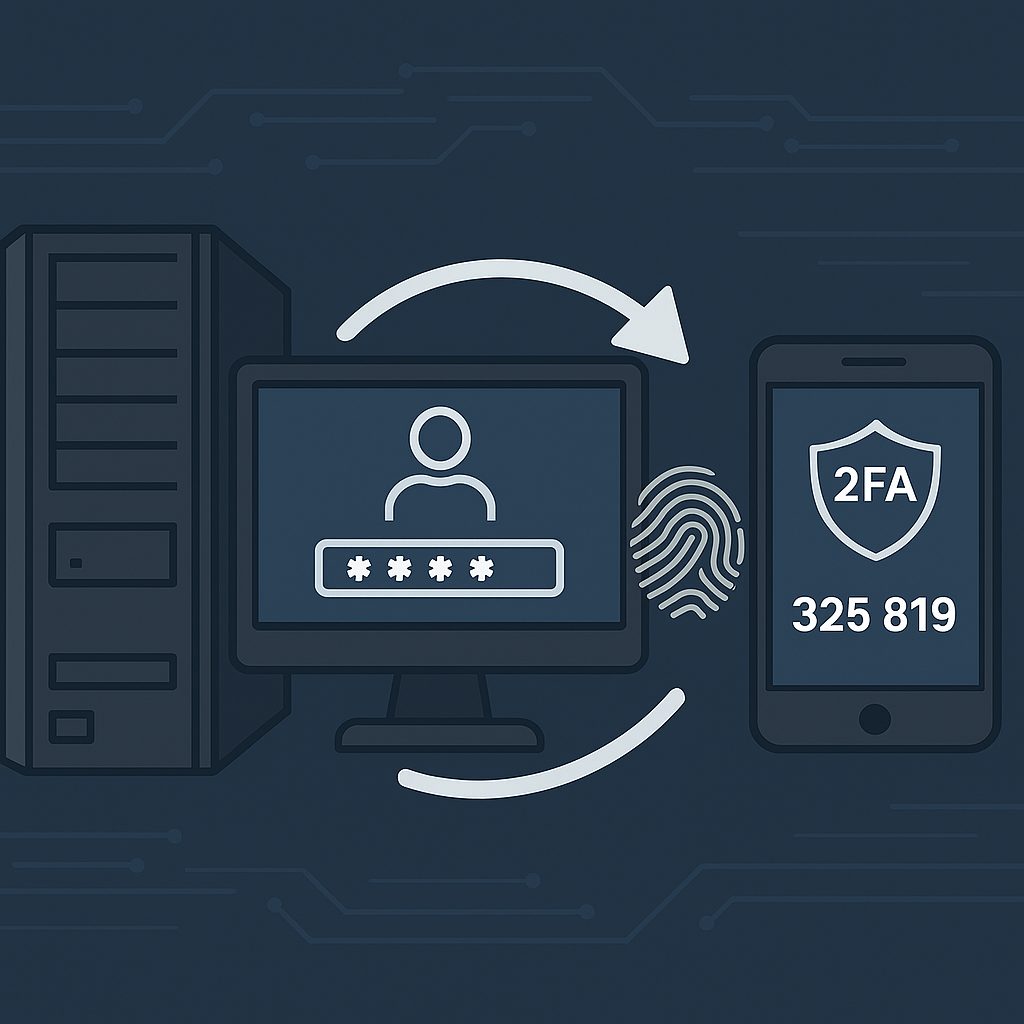What’s the quality of communication skills in the IT community like? A few days ago, on the very beginning of a business communication in consulting course for a group of young IT consultants that I taught, I asked: „Based on your previous experiences in your occupation, how important is expertise, and how important are communication skills?“. In average they replied – about 50%. Can we learn these so important 50%?
Soft skills is a term you have surely already came across. In the broad sense, soft skills are skills and behaviour that are necessary for us to communicate with others. In the business context, they include impersonal communication skills, leadership, motivation and teambuilding, persuasion, negotiation and presentation, as well as our character, with which we modulate all of the skills mentioned above. They are often considered to be connected directly to emotional intelligence. One of my colleagues, a coach, defines those skills as the touchy feely side of business :). Companies are also aware of how important those skills are for their success. Now, more than ever, companies are looking for people with great communication skills and all of the skills mentioned above.
Are ITs a species of their own?
Just like the consultants from the beginning of the story, we know the necessity of communication skills, as we are highly dependent on them in our business careers. We cannot work alone, and most of us don’t even want to – we need to communicate with our colleagues, managers, clients, etc.
Soft skills are as necessary to a manager who runs a 50 employee department as they are to a programmer who spends 80% of his time typing codes (the other 20% is of course communication). In reality there is no room for stereotypes about ITs and their special form of communication. There are a few specificities, as well as in any other occupation. One of the characteristics of the engineer’s mindset is a strong focus on the assignment and solving problems. Because of the strong dedication, an engineer would sometimes rather skip the relational aspect of business and get straight to work – pressing on the system to work how he thinks is the best – rather than dealing with longterm arrangements about what the user actually wants, especially if it’s not the best possible solution from his perspective. Here we are talking about the basic difference between an engineer’s and a consultant’s mindset. The other specificity is the propensity towards technical information. On the presentation skills practice, when I asked my trainees to present not only the characteristics of the product or service, but also the benefits for the audience, more than once I heard a version of this sentence: „I will give the information and people are going to decide for themselves.“. From one side, that builds the authenticity in communication, but can be exaggerated because raw information is not the point of communication. The key to successful communication is to deliver a certain message to the people you are communicating with, in their own language, having in mind the situation and its needs, and to give your own opinion and attitude and see if and how it contributes to the attitudes of others, so they could easily understand what you’re trying to say. All of this are specificity, so let’s go back to what’s universally human, unrelated to any business field. Each and every one of us has a need for self realization, respect, autonomy, a purpose and to be good in what we do. Nobody is an exception. Communication is the basic tool with which we accomplish those things, by sharing ideas and information, including and persuading others, trying to create something new, and the workplace is the polygon in which we act, spending nearly half of our time there.
Can you learn how to communicate?
Good news is that you can train and learn soft skills. Training, through theory, shows how a certain skill really functions, what is the effective implement of the skill in practical examples, it gives the trainee a chance to analyze himself through reflection and inquiries. We should put him into a simulated situation which stimulates the development of the skill. Practice is extremely important here. If we train presenting or negotiating, we are not going to learn anything simply by talking about it, we should present and negotiate. If we train skills of assertive communication, we need to create a situation as real as possible, in which a conflict exists so the trainee could give its best effort in trying to solve it. All of that should be followed by quality feedback from which a trainee could see his progress. Briefly, we need to give him a chance to try out something new and decide for himself if he wants the change. Only after this is when the change can happen.
What can we learn?
In business communication, subjects that are the foundation to efficient communication are related to recognizing and understanding of the motivation of others, recognizing the different styles of communication and adapting your own communication, active listening, giving feedback, assertive communication, nonverbal communication, managing conflicts, the development of trust, persuasive communication and others. When you put it that way, it seems really simple, doesn’t it?
Once we overcome that, we get to the area of presenting and public speaking. We were all smothered more than once, and impressed rarely. Presentation is a broad term. Every meeting, internal or external, every business encounter is actually a presentation in which we want to efficiently send a message and to develop something new and better. A person that is efficient, precise and through all of that also interesting, will have a lot better business results from the one that isn’t – it’s that simple. Good news is that you can learn all of that.
We should also mention leadership and motivational skills. The reality is, that most of the people that were ever on a position which demands all of those skills, were never instructed on how to do it. Some of them manage just fine, but we all know that some of them could use a little help J. Characteristic of a leader, personal strategy and a vision of leadership as a discipline, situational leadership, theory and practice of motivation in the workplace, giving feedback to employees and placing expectations are just some of the subjects that every leader should master.
Where to go from here?
As Garner’s analyst Jack Santos said, the biggest problem of the IT people is not the lack of ideas or passion, but the lack of power of persuading the environment. Do you feel the need for more efficient communication? Education is a great first step in that direction.
Soft skills education in CROZ’s educational centre
CROZ’s educational centre offers a few excellent courses in this domain.
- Business communication
- Presentation skills
- Communication in consulting
- Sales communication and tactics
- Leading and motivating teams
- Efficient time management
- Successful negotiating
- Assertive communication and conflict management



